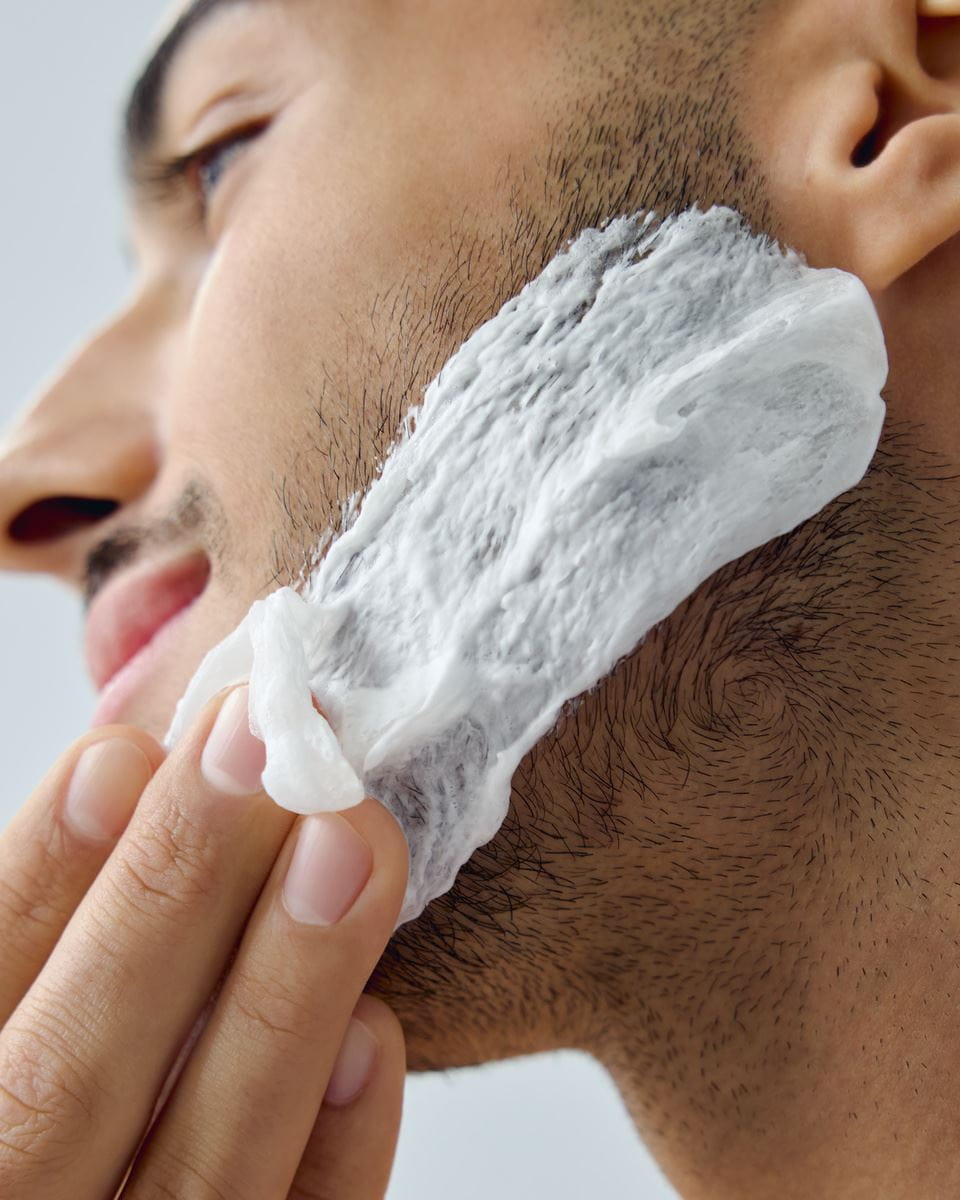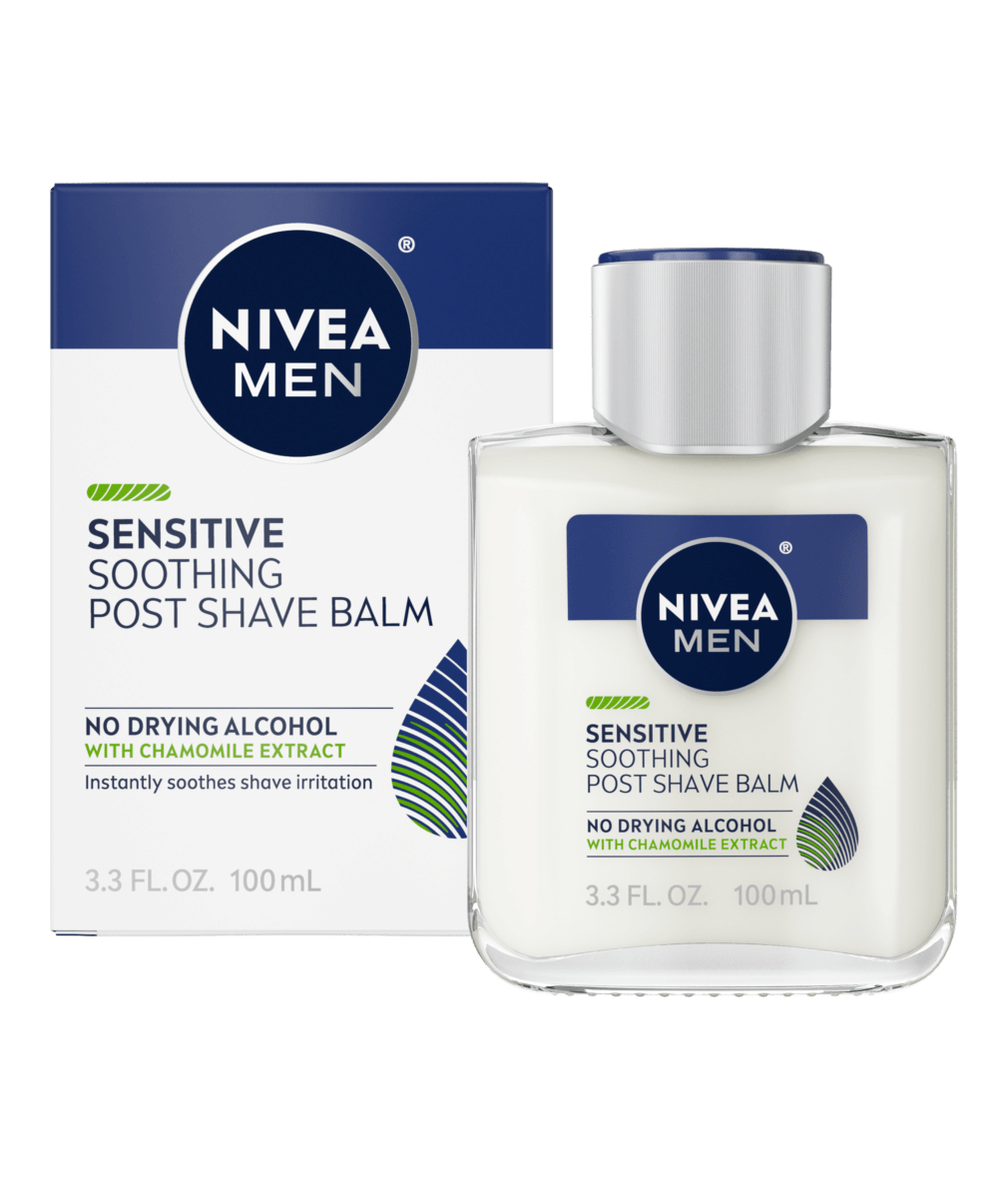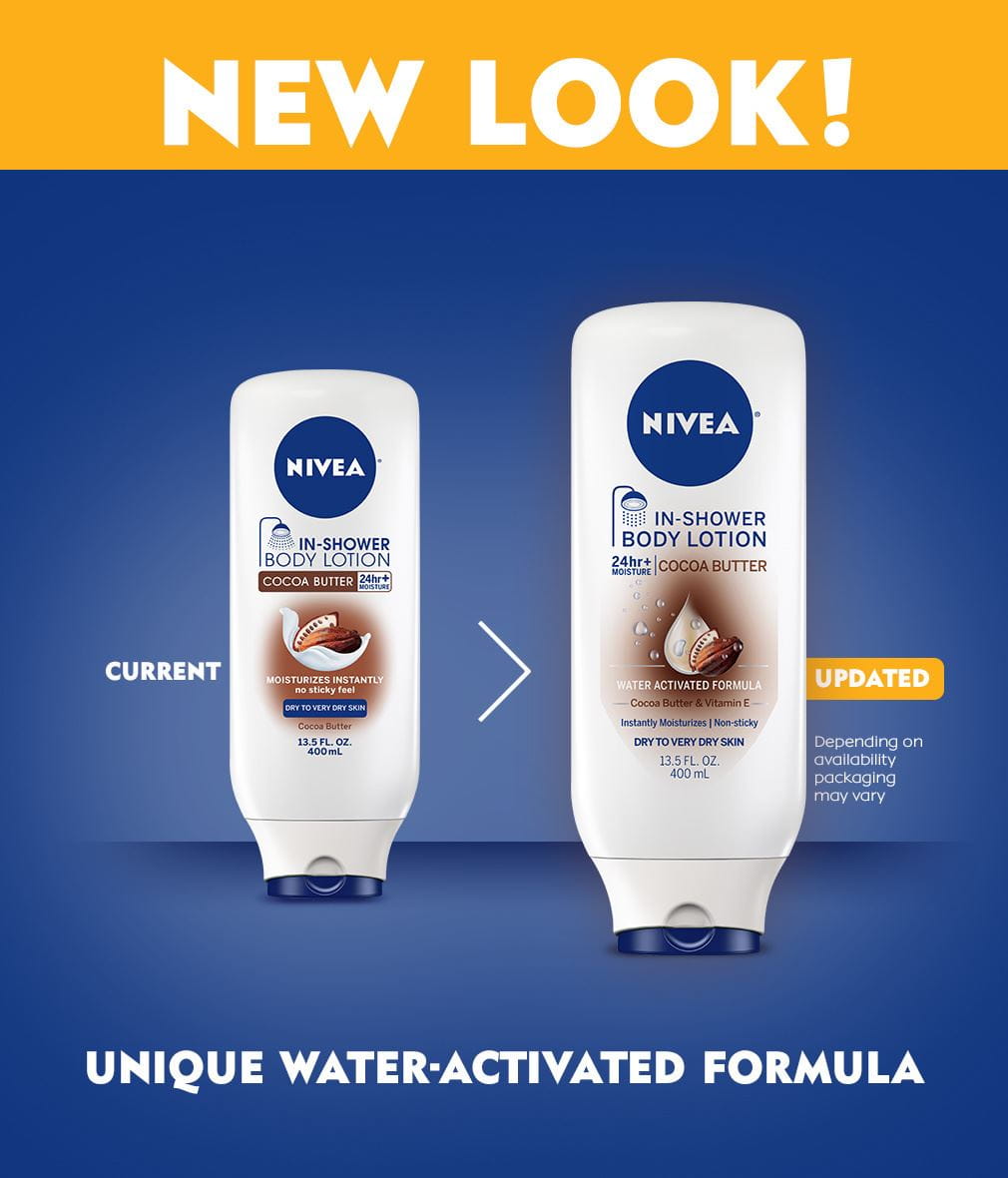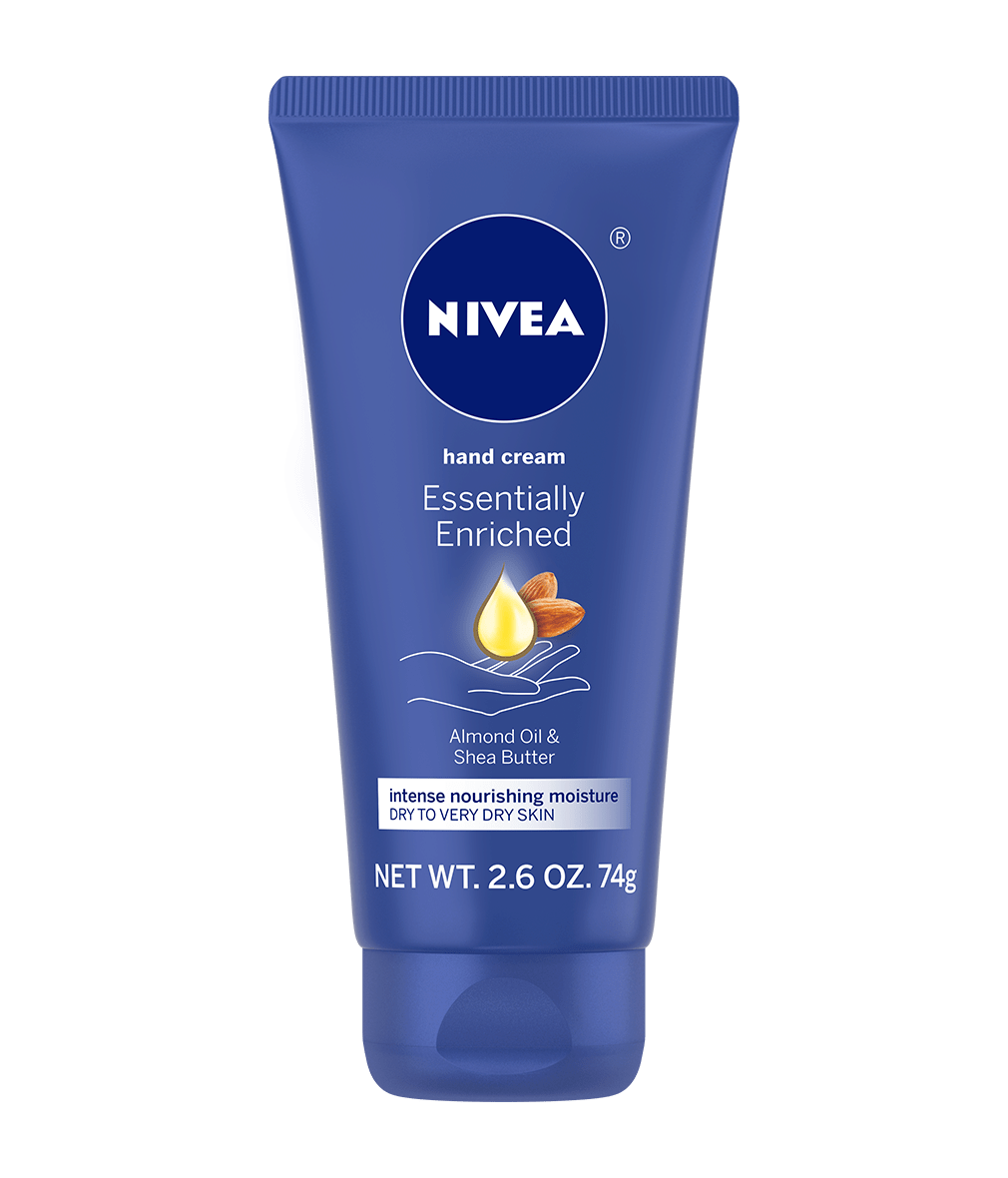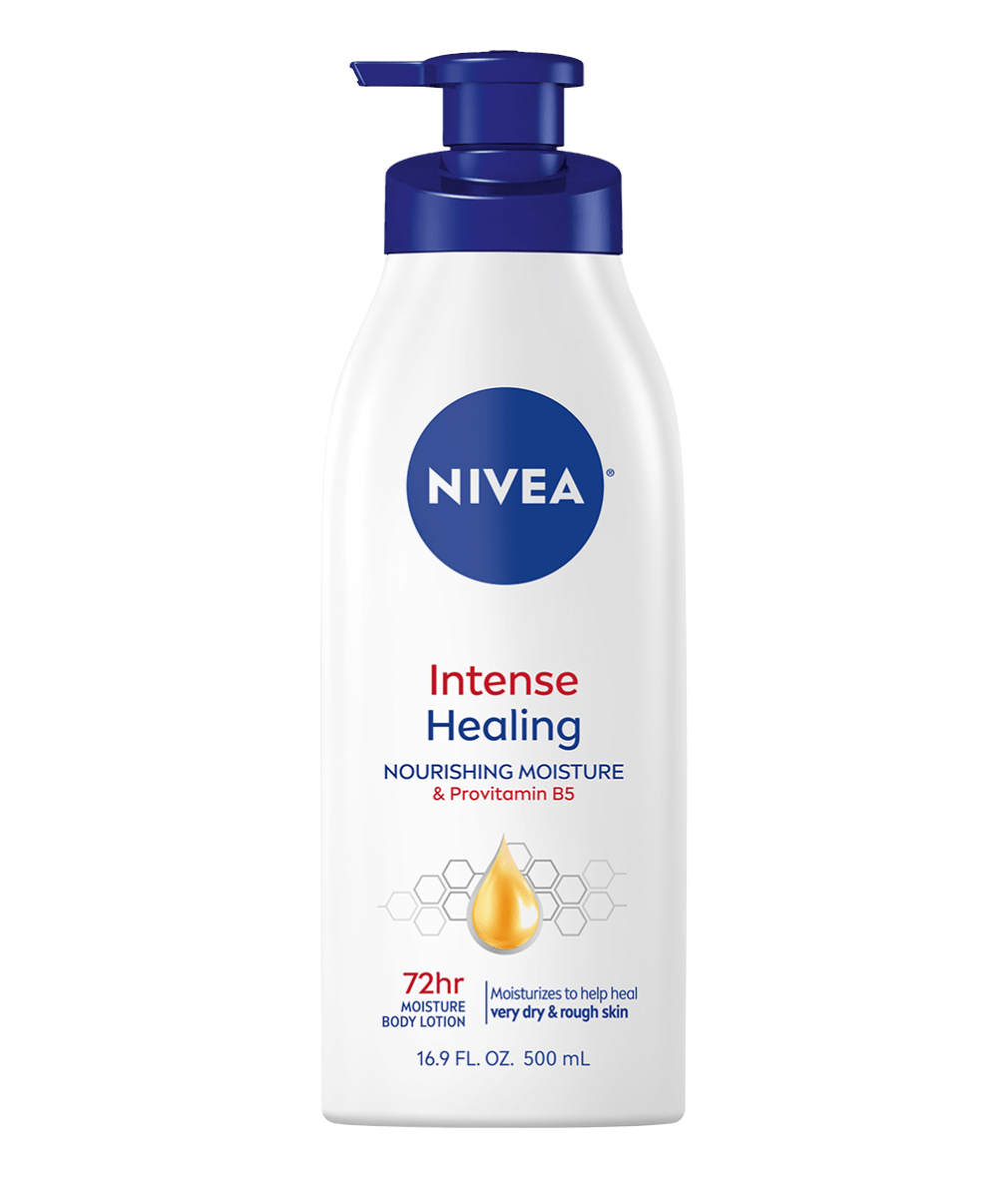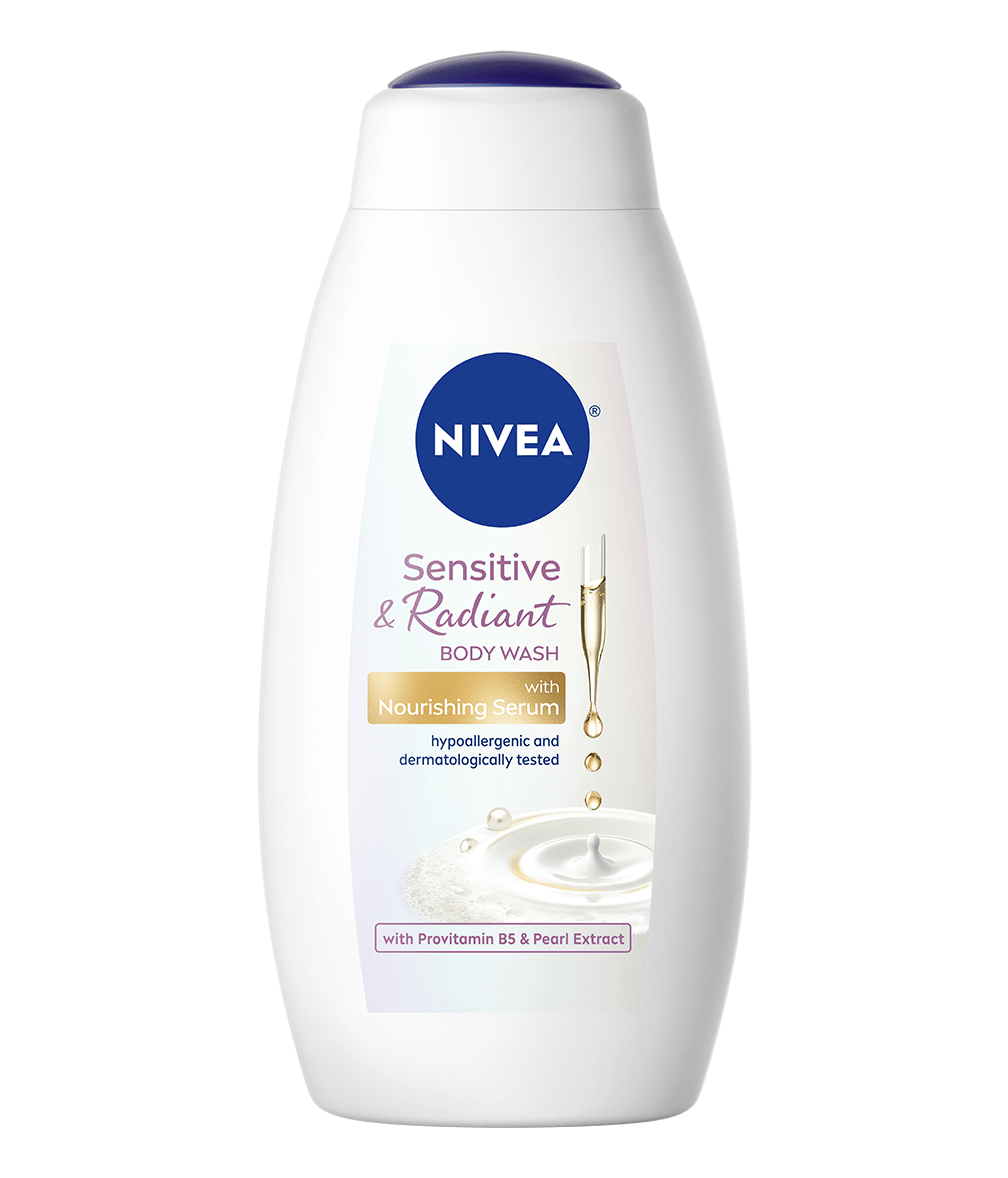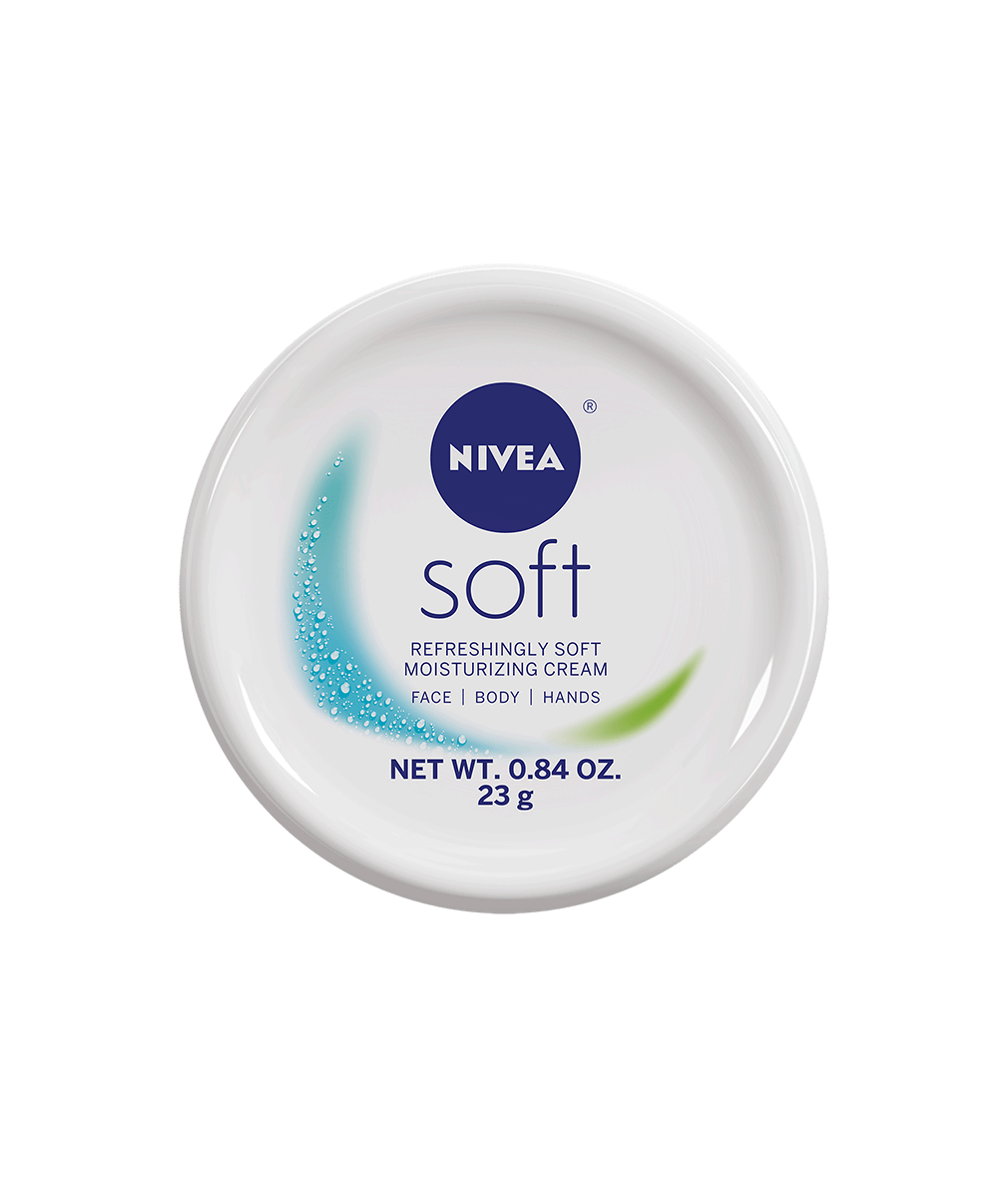
Why is My Skin so Dry? Dry Skin Causes, Treatment, & Prevention
Uncover the causes, remedies, and preventative measures for dry skin
What is Dry Skin?
Dry skin, also known as Xerosis, is a common skin concern marked by often rough and flaky skin that can be caused by various reasons, including a deficit in skin’s natural oils, harsh weather conditions, or excessive washing.
Dry skin can affect all ages and, in many cases, is easily treatable. By adopting a skincare routine for dry skin along with other remedies, you can minimize discomfort and enhance the appearance of your skin. Read on to learn about dry skin causes, how to help dry skin, and ways to help prevent it from coming back.



